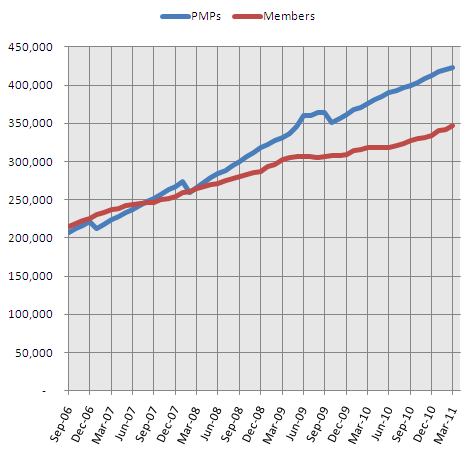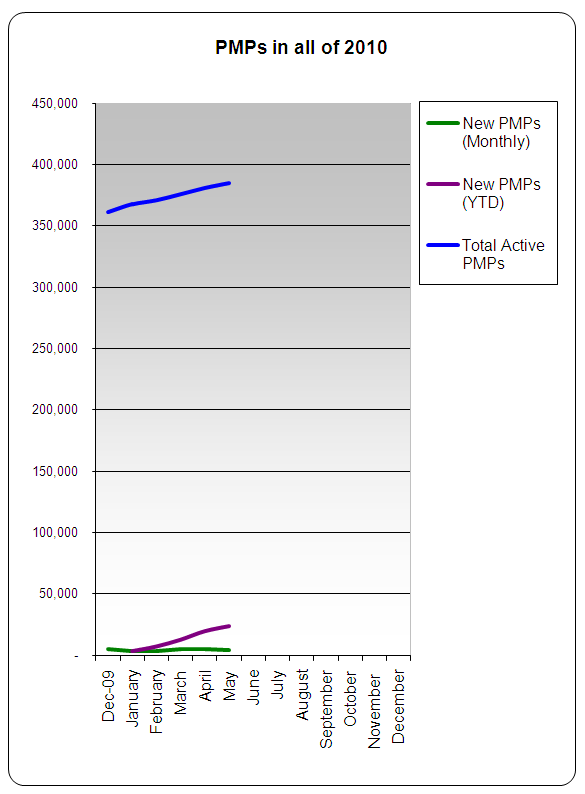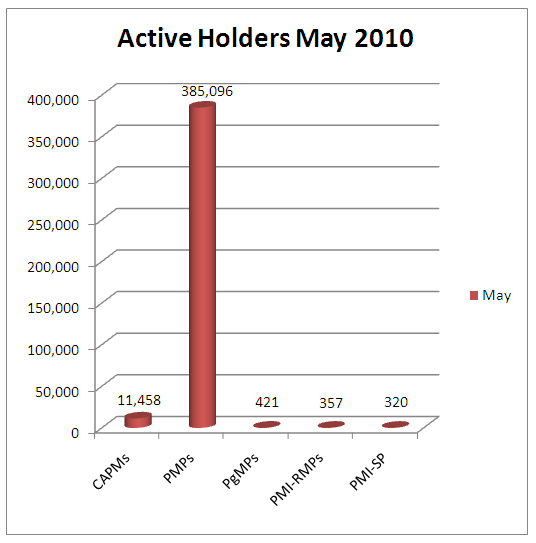Claiming PDU
How would I claim PDUs if I'm not a PMI member? This question keeps coming up in conversation. I offer the hypothetical situation where someone sees value in the new PMI-ACP certification but is hesitant to become a member of PMI. I guess it would be complete fantasy if not for the fact there are about 100,000 more PMI credential holders than PMI members*. PMI reported as of November 2011, there were 370,744 PMI members and 469,051 PMPs. Add the CAPM, PMI-RMP, PMI-SP, and PgMP and I think we get to our 100,000.
100,000 people realized you don't need to be a member of PMI to maintain a PMI credential, particularly the PMP. They save a $119 membership renewal fee in exchange for being charged more for PMI events and products or not having access to the Communities of Practices. Granted, if they aren't really engaged in the Project Management or Agile community, maybe it's worth saving the $10. For the record, I think being a member of the PMI Agile Community of Practice is worth the cost of membership. Seriously, it's only $10 a month! But I digress.
The focus of this post is for those 100,000. The key to claiming PDUs is having a PMI.org account. Yes, the glue that holds this all together is a free account, not a paid membership. Your potential membership and credentials will be linked to this account.
If you're applying "project management" educational credit toward exam eligibility, there is a different way to claim those hours. For example, if you take my PMI-ACP class, you can apply 21 PDUs toward any of the current PMI credentials and also apply 21 contact hours toward ACP eligibility.
But you still don't need to have a paid membership.
*Source: December 2011 issue of PMI Today





